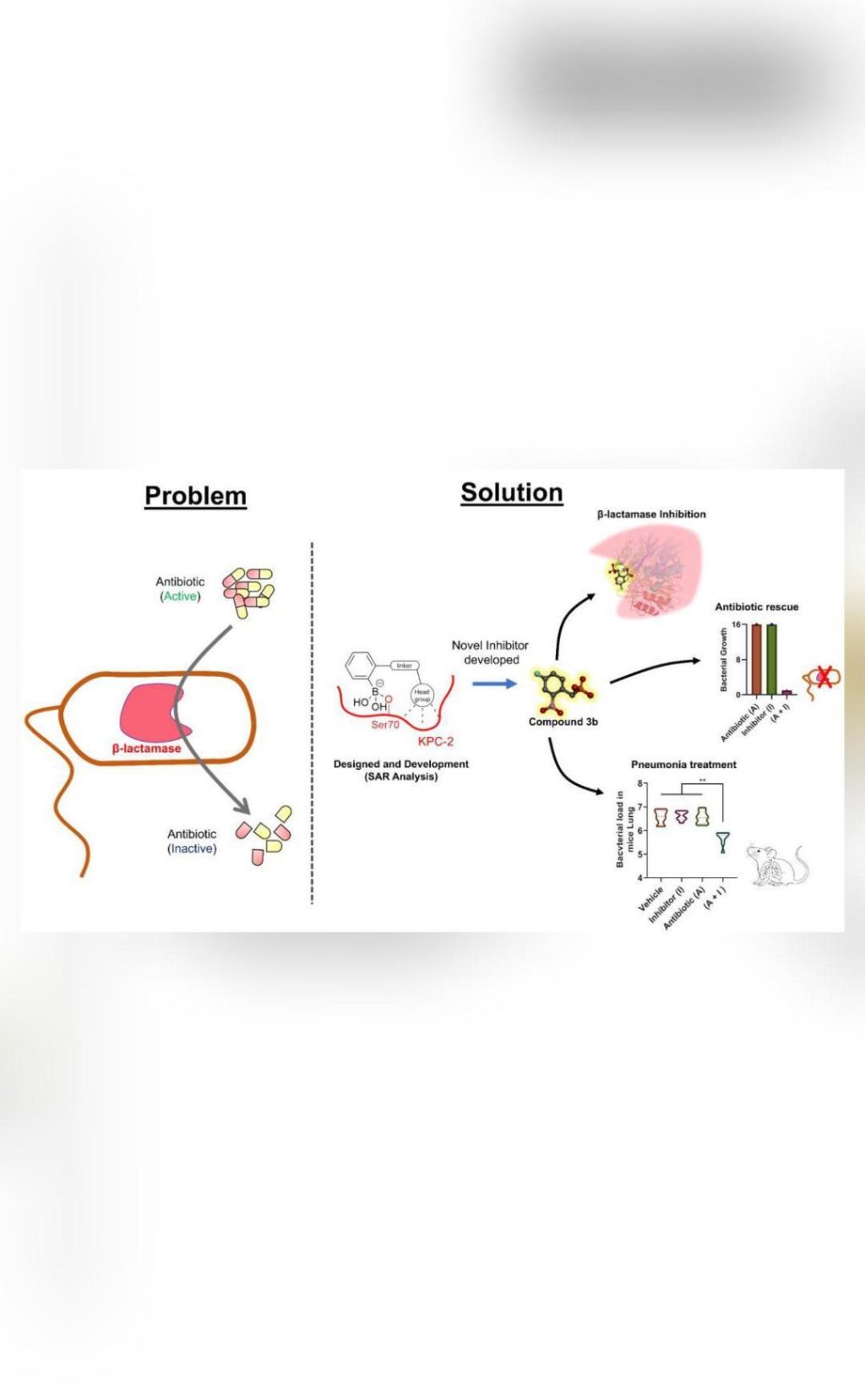
IIT Roorkee creates drug candidate that could help beat deadly drug-resistant bacteria
The world is facing an unprecedented crisis with the rapid rise of antibiotic-resistant bacteria, which has made treating even the most basic infections a daunting task. In a major breakthrough, researchers at the Indian Institute of Technology (IIT) Roorkee have developed a new drug candidate that could potentially restore the effectiveness of antibiotics against these deadly drug-resistant bacteria.
The researchers have designed a molecule, Compound 3b, which is specifically designed to treat infections caused by superbug Klebsiella pneumoniae (Kp). This breakthrough is a promising solution to one of the world’s most urgent health challenges, and it has the potential to save countless lives.
Klebsiella pneumoniae is a type of bacteria that is commonly found in the environment and can cause a range of infections, from mild to life-threatening. However, over the years, the bacteria have developed resistance to antibiotics, making it increasingly difficult to treat Kp infections. In fact, Kp is one of the most common causes of hospital-acquired infections, and it has become a major concern for healthcare professionals around the world.
The IIT Roorkee researchers, led by Professor Suman Kumar, have been working on developing a solution to combat this problem for several years. They have designed Compound 3b to target the specific mechanism by which Kp bacteria develop resistance to antibiotics. The molecule works by inhibiting the production of a key enzyme that helps the bacteria to develop resistance, effectively making the antibiotics effective again.
The researchers used a combination of computational and experimental approaches to design and test Compound 3b. They first used computational tools to design the molecule and predict its properties. They then synthesized the molecule and tested its effectiveness against Kp bacteria in the laboratory.
The results of the study are nothing short of impressive. Compound 3b was able to restore the effectiveness of antibiotics against Kp bacteria, even in cases where the bacteria had developed resistance to multiple antibiotics. The molecule was also found to be safe and non-toxic, making it a promising candidate for further development.
The implications of this breakthrough are far-reaching. If Compound 3b is developed into a commercially viable drug, it could be used to treat a wide range of infections caused by Kp bacteria. This could help to reduce the number of hospital-acquired infections and save countless lives.
The researchers are optimistic about the potential of Compound 3b and are already exploring ways to develop it further. They are working with industry partners to scale up production and conducting further studies to test the molecule’s effectiveness in humans.
“This breakthrough offers a promising solution to one of the world’s most urgent health challenges,” said Professor Kumar, the team lead. “We are excited about the potential of Compound 3b and are working hard to bring it to the market as soon as possible.”
The development of Compound 3b is a testament to the innovative spirit and dedication of the researchers at IIT Roorkee. Their work has the potential to make a significant impact on global health and could help to save countless lives.






